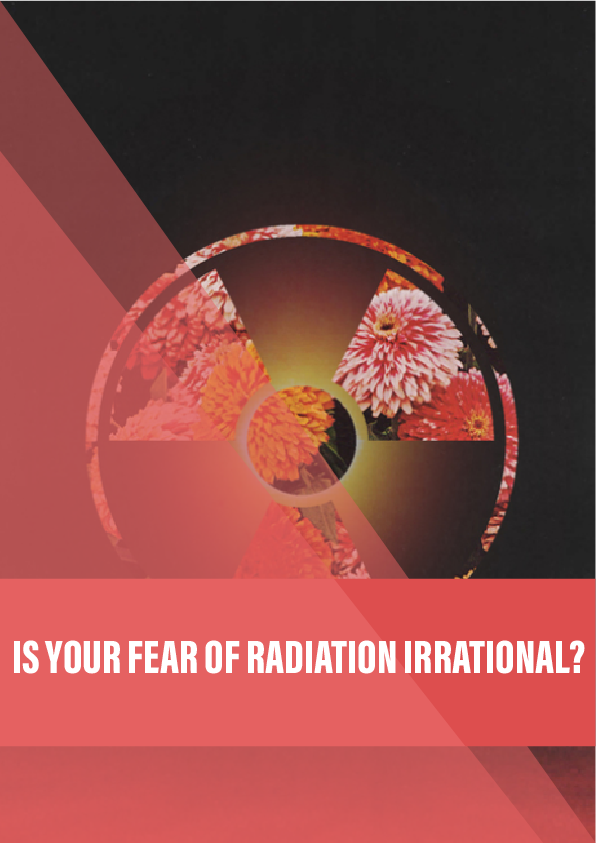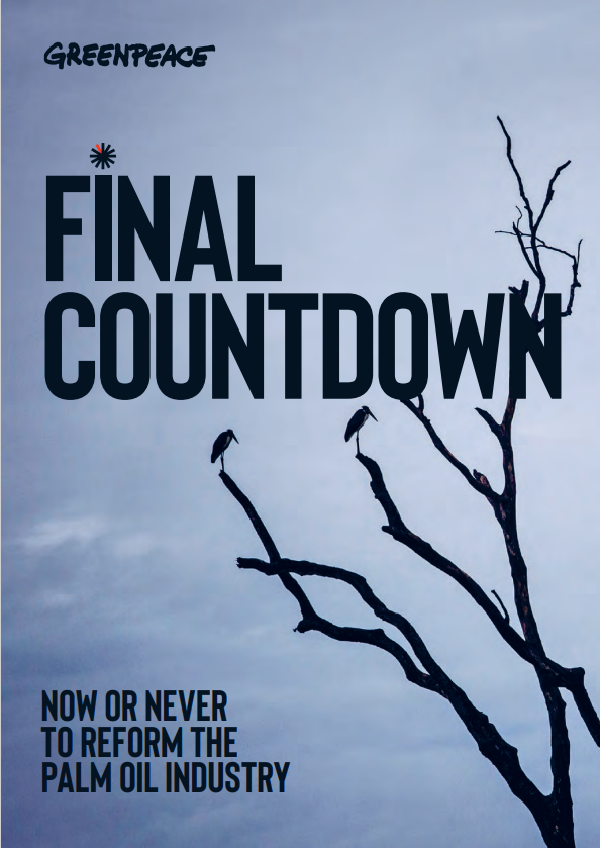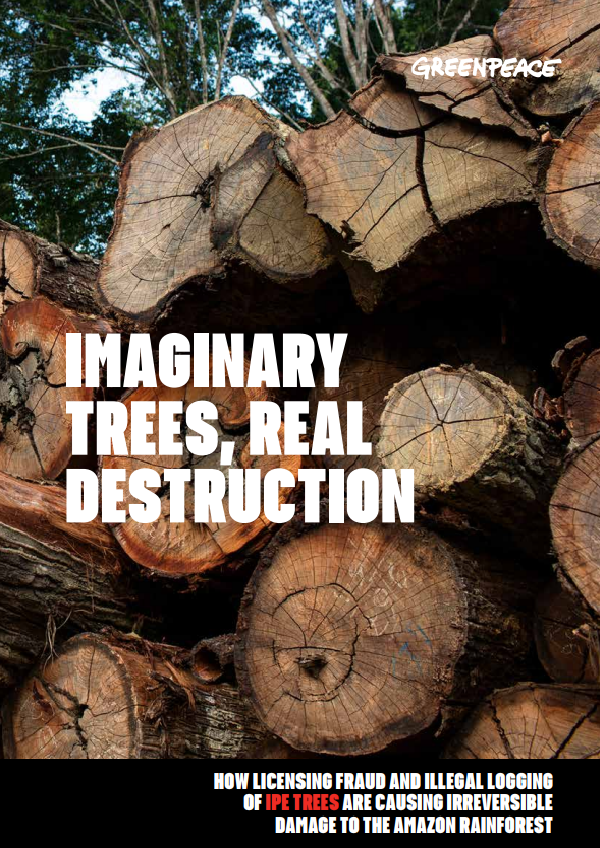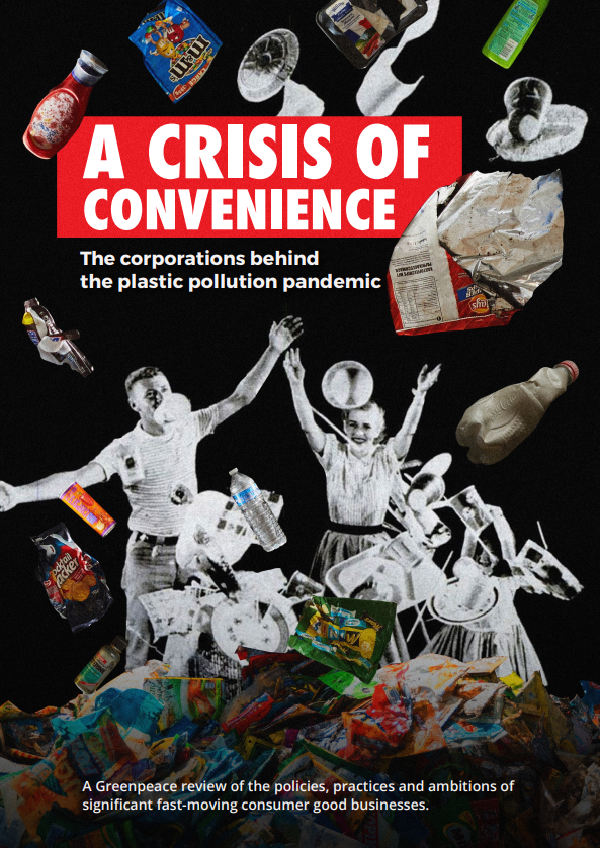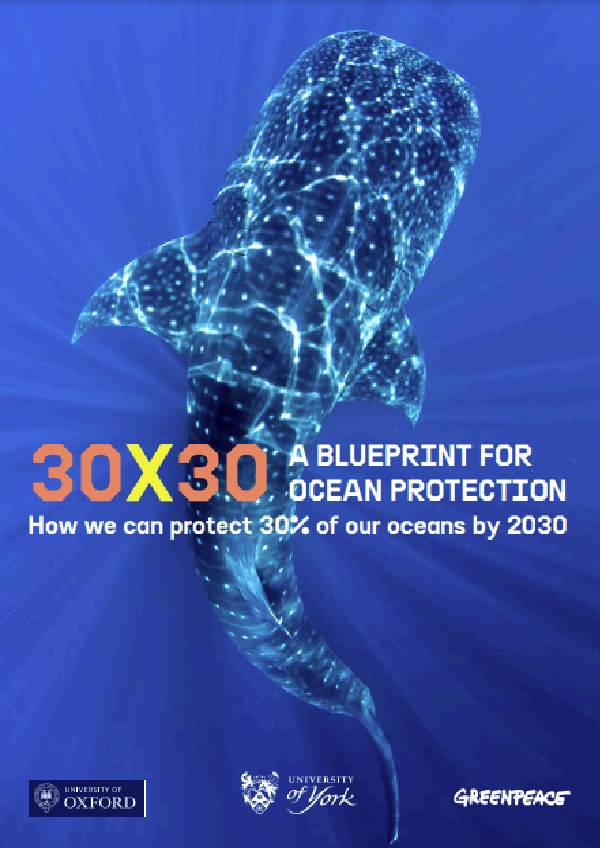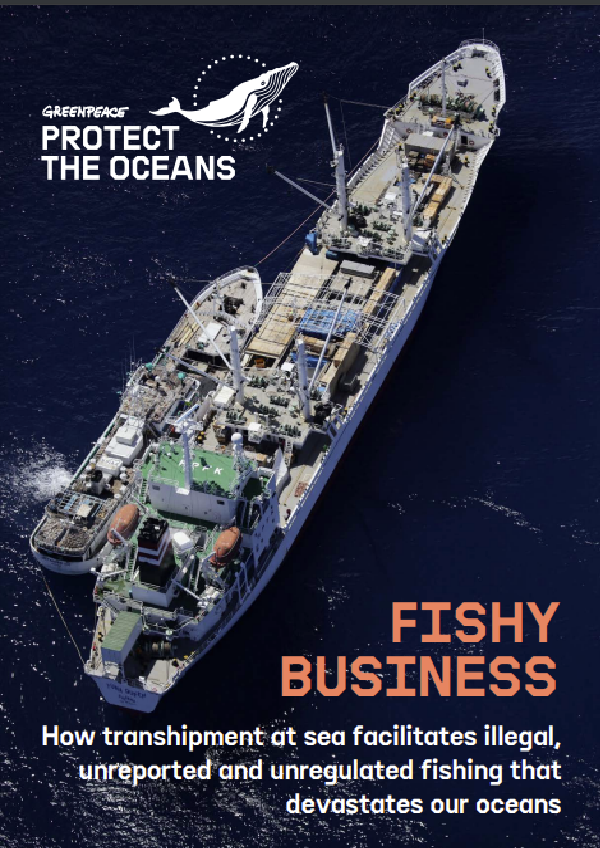Radioactivity stirs primal fears in many people, but Geoff Watts argues that an undue sense of its risks can cause real harm.
Bad Gastein in the Austrian Alps. It’s 10am on a Wednesday in early March, cold and snowy – but not in the entrance to the main gallery of what was once a gold mine. Togged out in swimming trunks, flip-flops and a bath robe, I have just squeezed into one of the carriages of a narrow-gauge railway that’s about to carry me 2 km into the heart of the Radhausberg mountain.
Fifteen minutes later we’re there and I’m ready to enjoy what the brochures insist will be a health-enhancing environment. Enjoyment, of course, is a subjective term. The temperature inside the mountain’s dimly lit tunnels is around 40°C, and the humidity is 100 per cent. The sweat’s already begun to flow. More important, I’m breathing an atmosphere rich in radon.
Hang on… radon? That’s a radioactive gas. Yet here I am, without so much as a film badge dosimeter, never mind the protection of a lead apron, among a group of people who have paid to come to the Gasteiner Heilstollen (“healing galleries”) and willingly, even eagerly, undergo gruelling sessions in physical discomfort because of a much-contested theory that small doses of radiation are not just harmless, but act as a stimulant to good health.
Our view of radiation and its risks and benefits is complicated and mostly – the delights of the Heilstollen notwithstanding – negative. We are all aware of the effects of a nuclear weapon, the Armageddon scenario of a nuclear winter, cancers and birth defects caused by high doses of radiation and the like. Images of mushroom clouds have struck fear into our hearts since the 1940s, but it is what we can’t see in those pictures that scares us the most.
Invisible threats are always the most unnerving, and radiation is not something you can see. Nor can you control it. Many years ago, a veteran researcher told me how much he wished he could paint radiation blue. If we could see it, he said, we’d be better placed to deal with it and less nervous about it. The traditional secrecy of the biggest commercial user of radiation, the nuclear power industry, hasn’t helped. Only belatedly did it realise that doing things out of sight, behind closed doors, is the best way to fuel public suspicion. So it is perhaps understandable why many people say that (medical X-rays and CT scans aside) the only safe radiation is no radiation.
Nevertheless, I disagree. I believe that a justified fear of high and uncontrolled levels of radiation has undermined our willingness to see that the risks it poses at low levels are either acceptable or manageable. Imagine if we treated fire in the same way as all things nuclear: we would have responded to house fires by banning matches.
And I am worried that, as a result of these exaggerated fears, we are failing to make the most of radiation for our greater good.
Reference:
- The UN Scientific Committee on the Effects of Atomic Radiation report on the Fukushima tragedy, and information from the World Health Organization about the accident at Chernobyl.
- The Radiation Effects Research Foundation has lots of information about their work and findings.
- New Scientist reports on the relative risks associated with various sources of energy.
- Infographics by xkcd and Information is Beautiful help us to understand the relative doses associated with exposure to various sources of radiation.
